Student Design Awards winners: Material World
Brief 5: How might we apply biomimicry to create textiles, processes or systems that enhance nature?
Winners:
- ReDress - Kerri Cooper, Imperial College London, England
- Soil-to-soil knitwear: Farm to Finished Product - Katie Allen, Bath Spa University, England
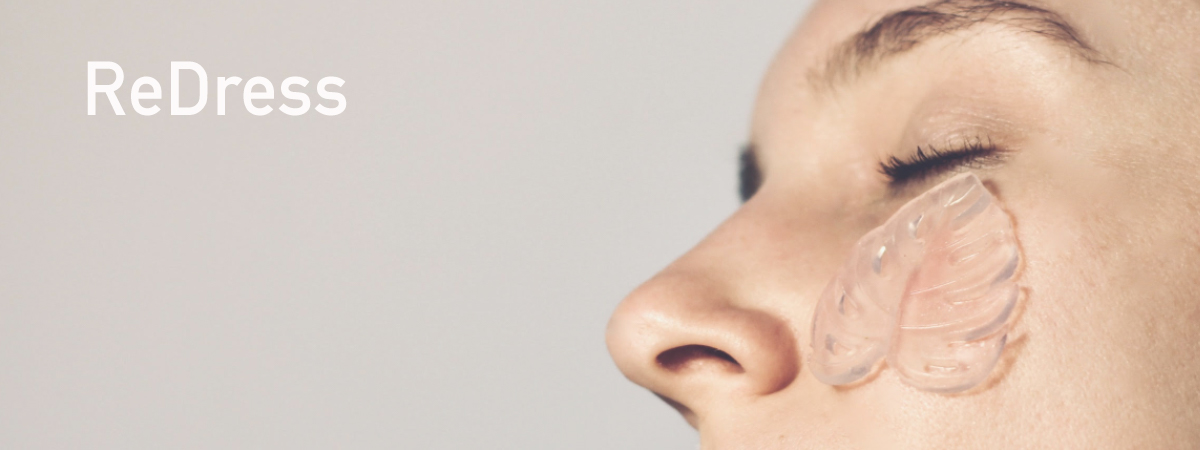
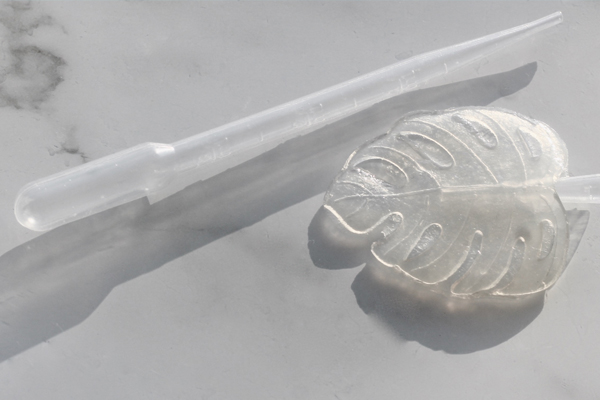
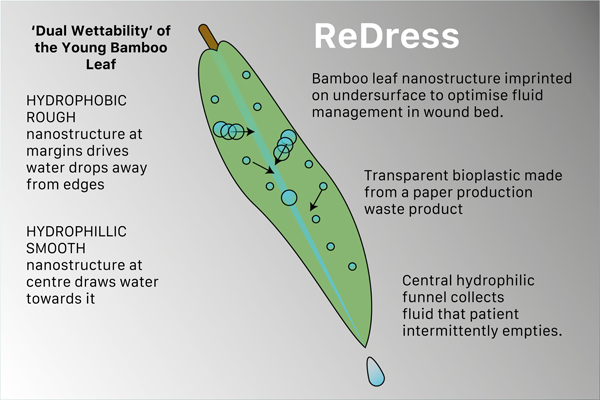
Single use medical textiles are a source of tremendous waste in the healthcare industry as they are often made from non-biodegradable materials that are incinerated after use. ReDress applies biomimicry principles to design a functional dressing that could incorporate circular manufacturing practices. Using wood pulp to create a bioplastic, ReDress mimics the texture of bamboo leaf to achieve the specific moisture-wicking properties needed to allow for optimal healing of wounds. By encouraging the healthcare sector to consider sustainability and circularity in daily use items like dressings, enormous amounts of waste can be diverted.
Winner: Soil-to-soil knitwear, Farm to Finished Product
A regenerative farming operation and clothing line, Loopy Ewes, that uses minimal textile production methods to create sustainable wearables from a flock of rare breed sheep.
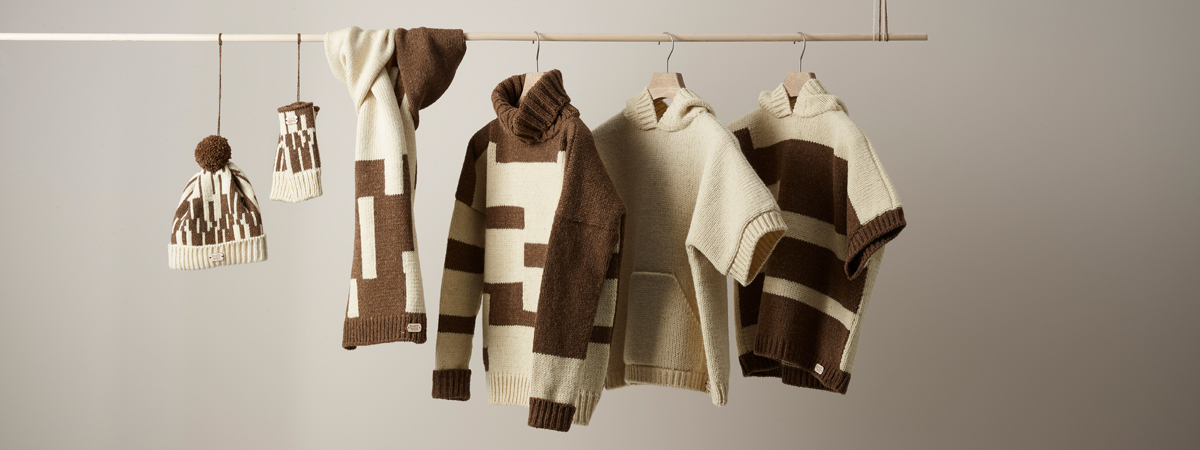
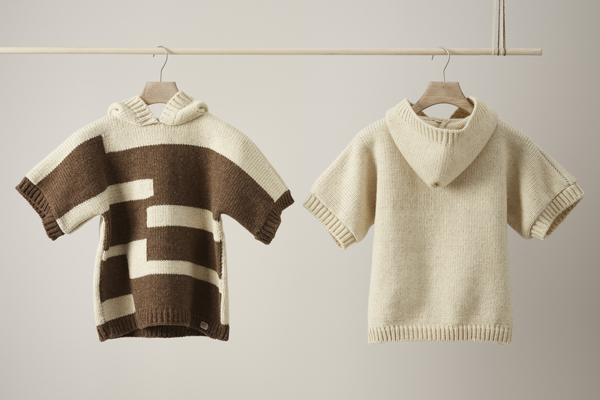
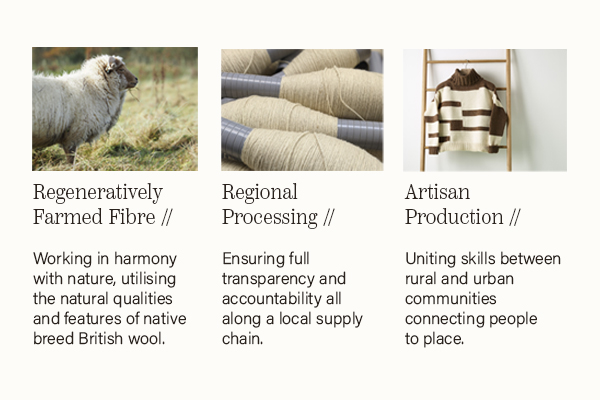
The majority of the fabric in our homes is made with plastic fibres, which can be resource intensive, polluting and unable to biodegrade. Some producers are pushing for smaller-scale, localised textile production that is traceable and regenerative. Soil-to-soil knitwear considers the journey of the textile from farm to finished product. The wool textile is minimally processed and uses fibre from a flock of rare breed sheep that are regeneratively farmed in a way that traps carbon and enriches soil health. At the end of their lifetime the wearables created can decompose, enriching soil microbiology and re-embedding textile production within the natural carbon cycle.
Highly Commended
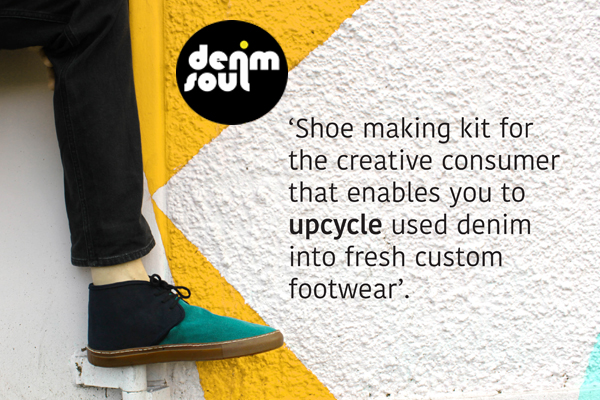
Monique Wiesner and Lorcan Looney, National College of Art and Design, Ireland
Denim Soul: A shoe making kit for the creative consumer that enables them to upcycle used denim into fresh custom footwear.
Highly Commended
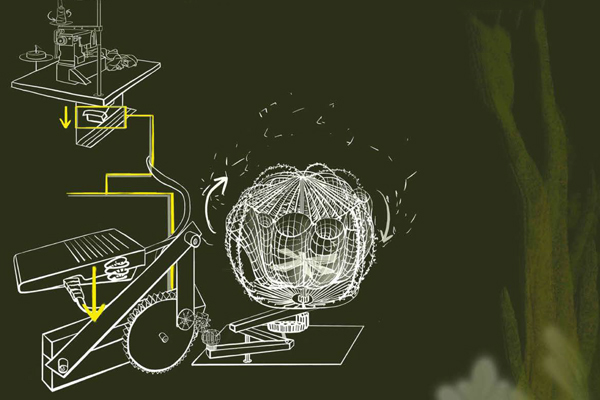
Xuefei Bu, Graduate Diploma Textile Design, Chelsea College of Arts, UAL, England
Microfiber Filter: An affordable and sustainable air purifier that can be attached to industrial and domestic sewing machines to reduce textile industry workers’ exposure to indoor microfiber dust.



